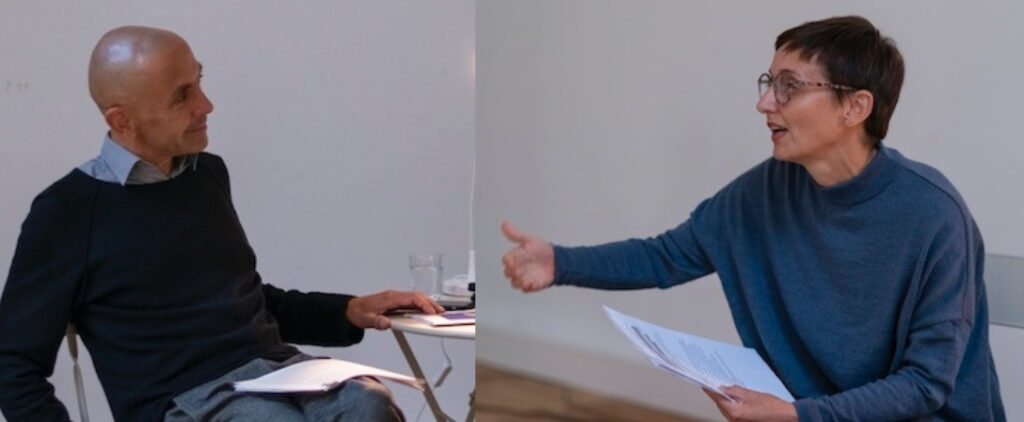
Ruth Anderwald + Leonhard Grond have worked collectively as a duo since 1999 as artists, artist-curators, and artist-researchers. They are professors for the PhD-Program for Artistic Research at the University of Applied Arts Vienna. Within their co-creative artistic-research practice, they develop practice-led, theory-led and process-oriented artistic research, with a focus on dizziness. With Karoline Feyertag, they co-edited the cross-disciplinary reader Dizziness—A Resource (2019, Sternberg Press). Their artworks have been shown, e.g., Centre Pompidou Paris, Center of Contemporary Art Tel Aviv, Himalayas Art Museum Shanghai, Kunsthaus Graz, Tate Modern, London, Ujazdowski Castle Warsaw, wien modern Festival, Whitechapel Gallery, London.
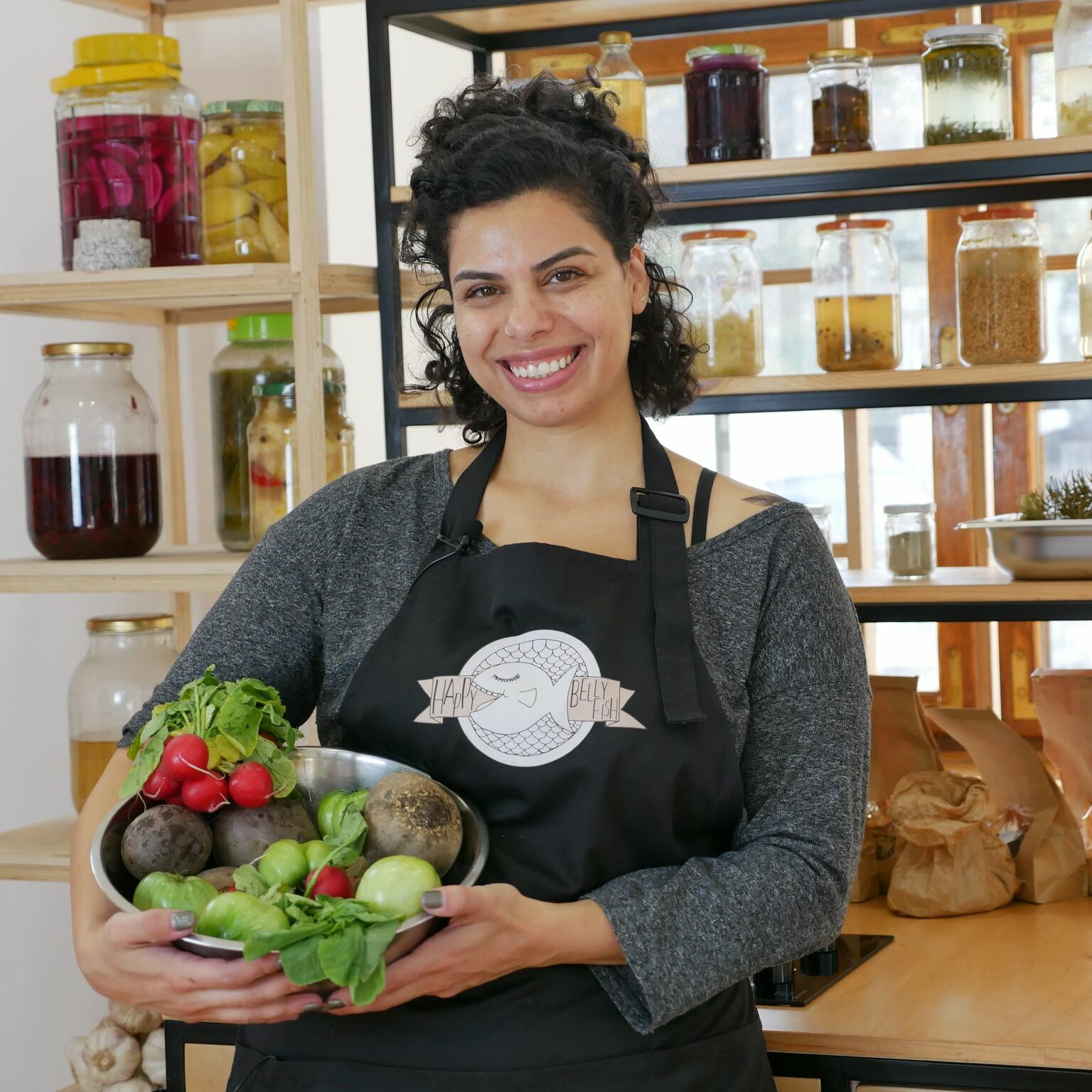
Mirna Bamieh explores the politics of disappearance and memory production by unpacking the social concerns and limitations of Palestinian communities amid contemporary political dilemmas. Since 2019 the artist has also been reflecting on the process of fermentation through text, ceramics and video works incorporated into site-specific interactive installations. With a degree in culinary arts, she melds food and storytelling to develop socially engaged work through Palestine Hosting Society, Palestine Hosting Society, a live art project she founded in 2018. Staging dinner performances and various interventions that draw from food practices as well as the passage of recipes through generations, the project aims to revitalize traditional Palestinian food cultures on the verge of disappearing.
www.mirnabamieh.info
www.palestinehostingsociety.com
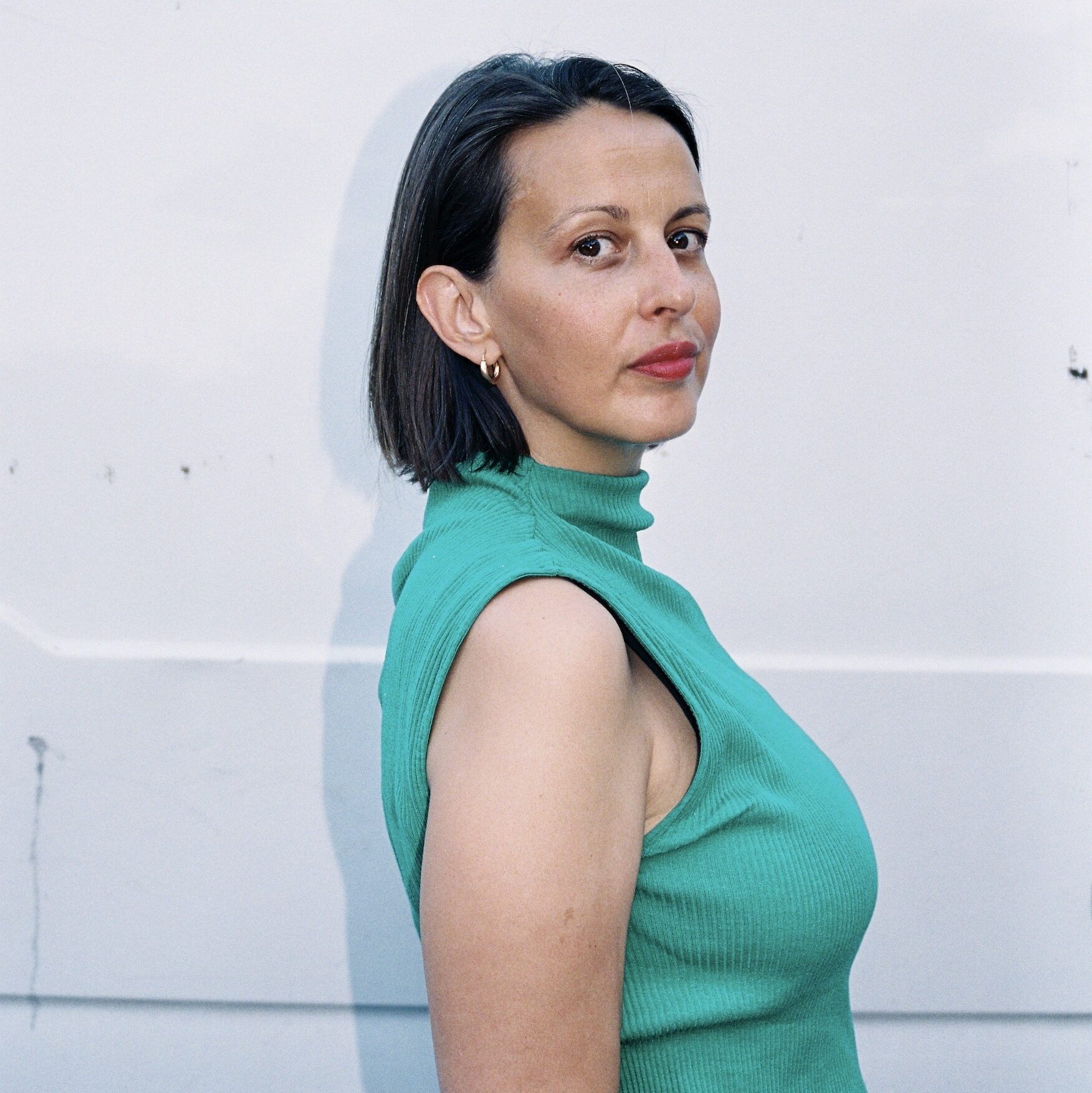
Işıl Eğrikavuk Dr. Işıl Eğrikavuk is a Turkish-born international performance artist and academic based in Berlin, Germany. She received her MFA from The School of the Art Institute of Chicago (SAIC) and a Ph.D. in Communication from Istanbul Bilgi University, Istanbul, Turkey. Eğrikavuk lives in Berlin and works as a faculty member at Berlin University of Arts (UdK), Media and Communication Department since 2017.
Eğrikavuk is the co-winner of Turkey’s first contemporary art prize, Full Art Prize in 2012. She is also awarded for 2022 Borderless Book Fund for publishing her PhD research. Eğrikavuk has participated in numerous international exhibitions, residencies, and her work has been published in both local and international journals. Recent exhibitions and venues include, La Casa Encencida, Madrid, Chicago Museum of Contemporary Photography (2022), Arnis Residency, Germany (2021), Chicago Architecture Biennial (2021), Die Büehne, Berlin (2019), Art Souterrain, Montreal (2019), Pluto’s Kitchen, Block Universe, London (2017). https://www.isilegrikavuk.work/
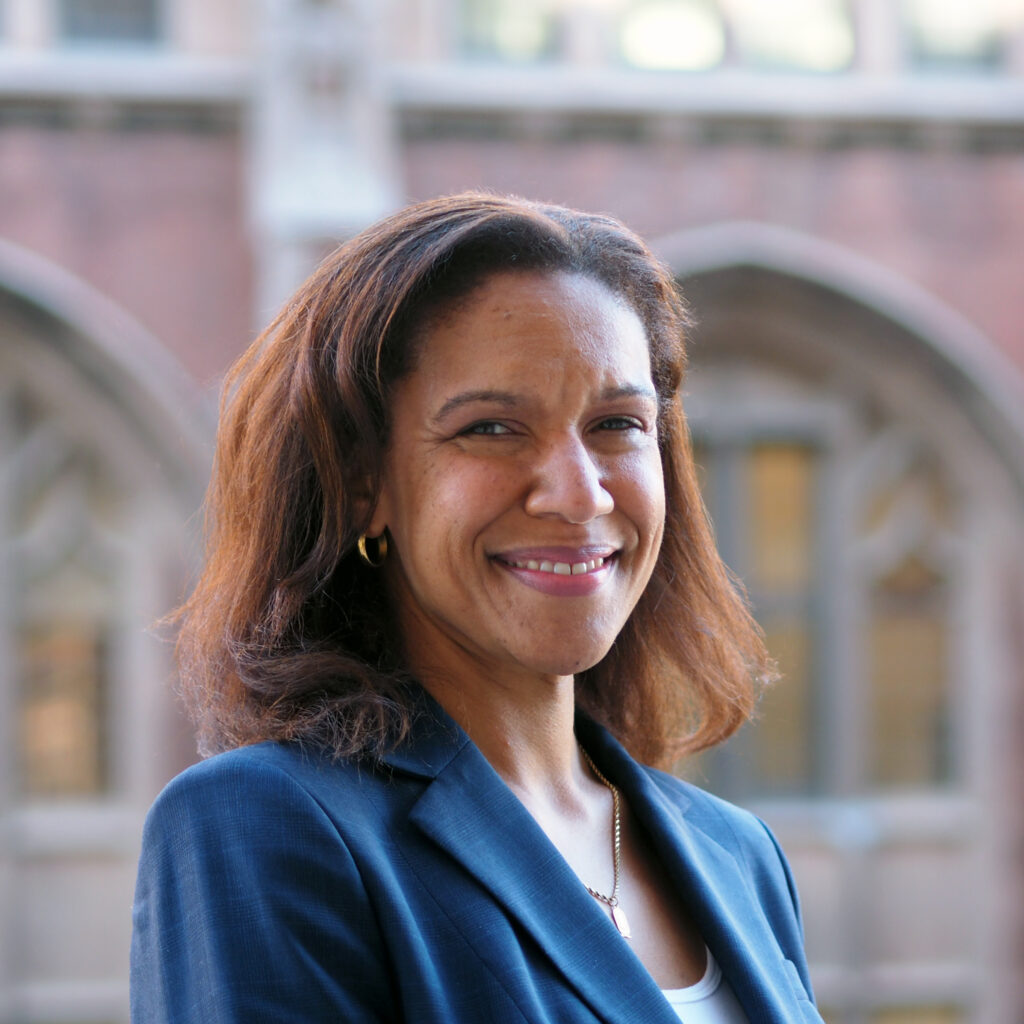
Nicole Brittingham Furlonge is Professor and Director of the Klingenstein Center, Teachers College Columbia University. She also teaches a listening seminar in the Narrative Medicine program at Columbia University’s Medical School and is co-founder of LEARNS Collaborative, a catalyzer for human-centered, equitable change in organizations. A first generation college student, Nicole earned her Ph.D. and B.A. in English from the University of Pennsylvania, and her M.A. from the University of Michigan. Prior to joining Teachers College, Nicole served as Director of Teaching and Learning at the Holderness School. She has taught English and served as English Department Chair and Director of Diversity at several independent schools, including St. Andrew’s School (Delaware), The Lawrenceville School, and Princeton Day School. Nicole is the author of Race Sounds: The Art of Listening in African American Literature, published by the University of Iowa Press. Her book demonstrates listening as an essential interpretive and civic act that leads to deeper engagement with others. Nicole has previously served on the boards of People and Stories/Gente y Cuentos and Village Charter School in Trenton, NJ. Currently, she serves on the board of the Center for Transformative Teaching and Learning. Dr. Furlonge’s research examines the intersections between listening, cognitive neuroscience, belonging, creativity and school leadership.

Lydia Matthews’ work explores how artists, artisans and designers foster democratic debates and intimate community interactions in the public sphere–often in response to a variety of urgent global and local conditions. A dual citizen of Greece and the U.S., Matthews is currently Professor of Visual Culture at The New School in New York, where she founded Parsons School of Design’s Curatorial Design Research Lab and served as Dean of Academic Programs to lead a faculty-driven process co-designing a more globally-focused and socially-engaged undergraduate curriculum. Along with a Spencer Fellowship in China’s Yunnan Province and Fulbright Senior Scholar position at the University of Thessaly in Volos, Greece, she previously taught at California College of the Arts in San Francisco, where she co-founded the graduate program in Critical Visual Studies and launched the first MFA Fine Arts degree in Social Practice in 2005 with her colleague, Ted Purves.
Matthews’ writing appears in numerous journals, books and exhibition catalogs. Curatorial activities span art exhibitions, participatory walking events, community-based urban festivals, and multidisciplinary pedagogical exchanges addressing ecological and social sustainability. Recent site-specific projects include: “2020-22: Crisis, Critical Resistance and Creative Resilience” (CEC Artslink’s online workshops, 2022-ongoing); Bienalʼ21 Fotografia Do Porto exhibition featuring Alfredo Jaar and Susan Meiselas, (Portugal, 2021); as well as projects made with diverse communities in Greece, Italy, Turkey and post-communist countries (e.g., Georgia, Kazakhstan, and the Czech Republic.) She is online at: www.lydiamatthews.com.
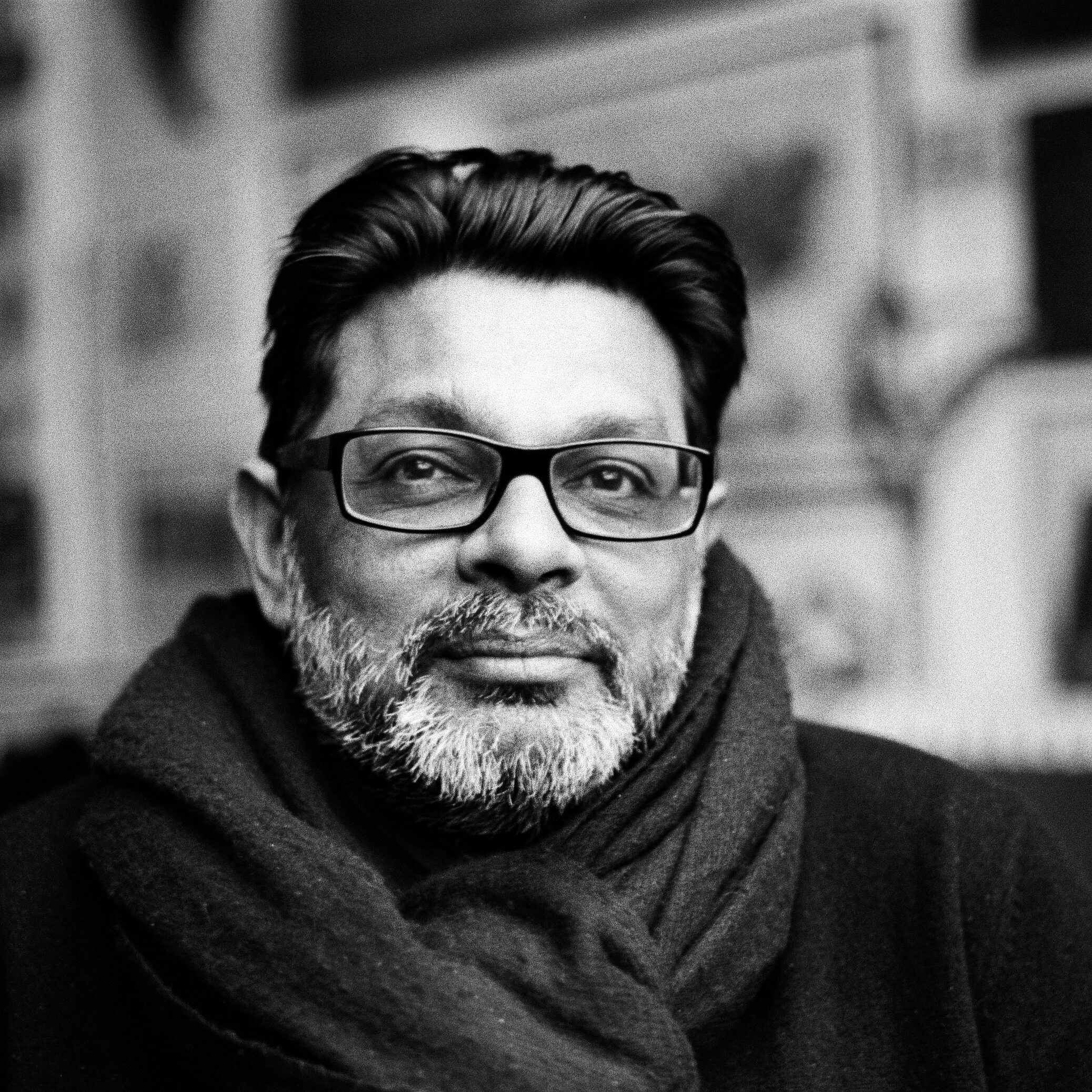
Shaheen Merali (born in Tanzania, lives in Britain) is a curator, critic, and artist of Indian heritage. Merali began his artistic practice in the 1980s, committing to social, political, and personal narratives. As his practice evolved, he focused more on his work as a curator, and has now moved into the sphere of research and writing. He is currently a PhD candidate at Coventry University, based at the Centre for Arts, Memory and Communities, Research Institute for Creative Cultures. His research is concerned with contemporary political Black arts practices that emerged in the Asian-African diaspora culture in the early 80s and their relationship to the curatorial and self-organisational formations in British arts. Merali was the curator for the inaugural Uganda Pavilion, Radiance – They Dream in Time, for the International art exhibition for the 59th Venice Biennale. At the Golden Lion Ceremony, the pavilion was presented the special mention award. He was the co-curator of Berlin Heist or the enduring fascination of walled cities for the 4th Mediations Biennale, Posnan, Poland (2014) and co-curator of the 6th Gwangju Biennale, Korea (2006).
Merali was the Head of Department of Exhibition, Film and New Media at the Haus der Kulturen der Welt, Berlin (2003-2008) where he curated several exhibitions accompanied by publications, including The Black Atlantic; Dreams and Trauma- Moving images and the Promised Lands; and Re-Imagining Asia, One Thousand years of Separation.
In 1988, Merali had co-founded the Panchayat Arts Education Resource Unit in East London. The Unit’s main function was one of collecting ephemera, documents, and publications, detailing the work of political British Black artists (of Asian and African descent). In 2015 the Panchayat archival material was donated and is part of the Tate library’s Special Collection in London.
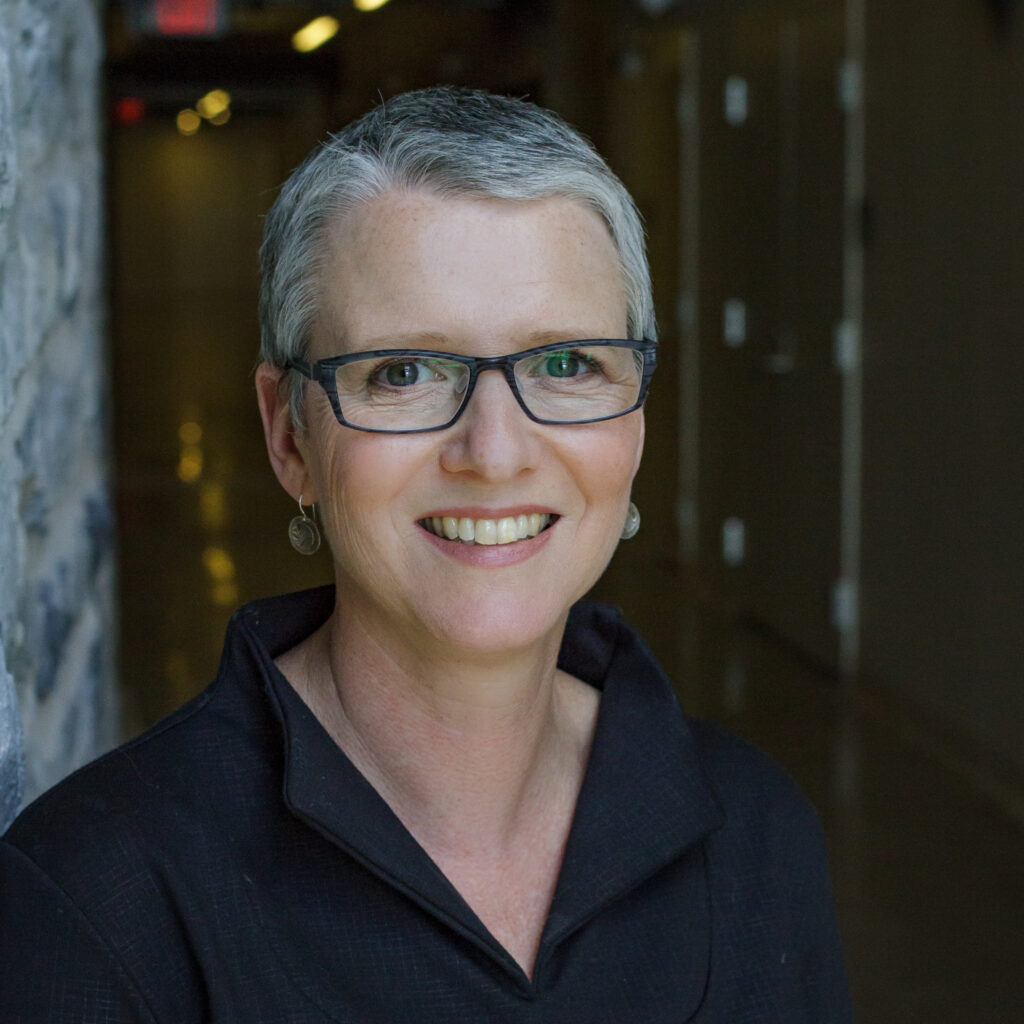
Dorit Naaman is a documentarist and film theorist from Jerusalem, and a professor of Film, Media and Cultural Studies at Queen’s University, Canada. In 2016 she released an innovative interactive documentary, Jerusalem, We Are Here, which digitally reinscribed Palestinians into the neighborhoods from which they were expelled during the 1948 war. Her in-production collaborative project The Belle Park Project is situated in Kingston, Ontario, and harnesses creative practice to make visible, legible and audible colonial and environmental violence, but also resistance, resilience and re-naturalization, in a complex urban park/former landfill. Dorit is also engaged in a collaborative project on planning and mapping participatory media. She has previously researched film and media from the Middle East, specifically focused on nationalism, gender and militarism.
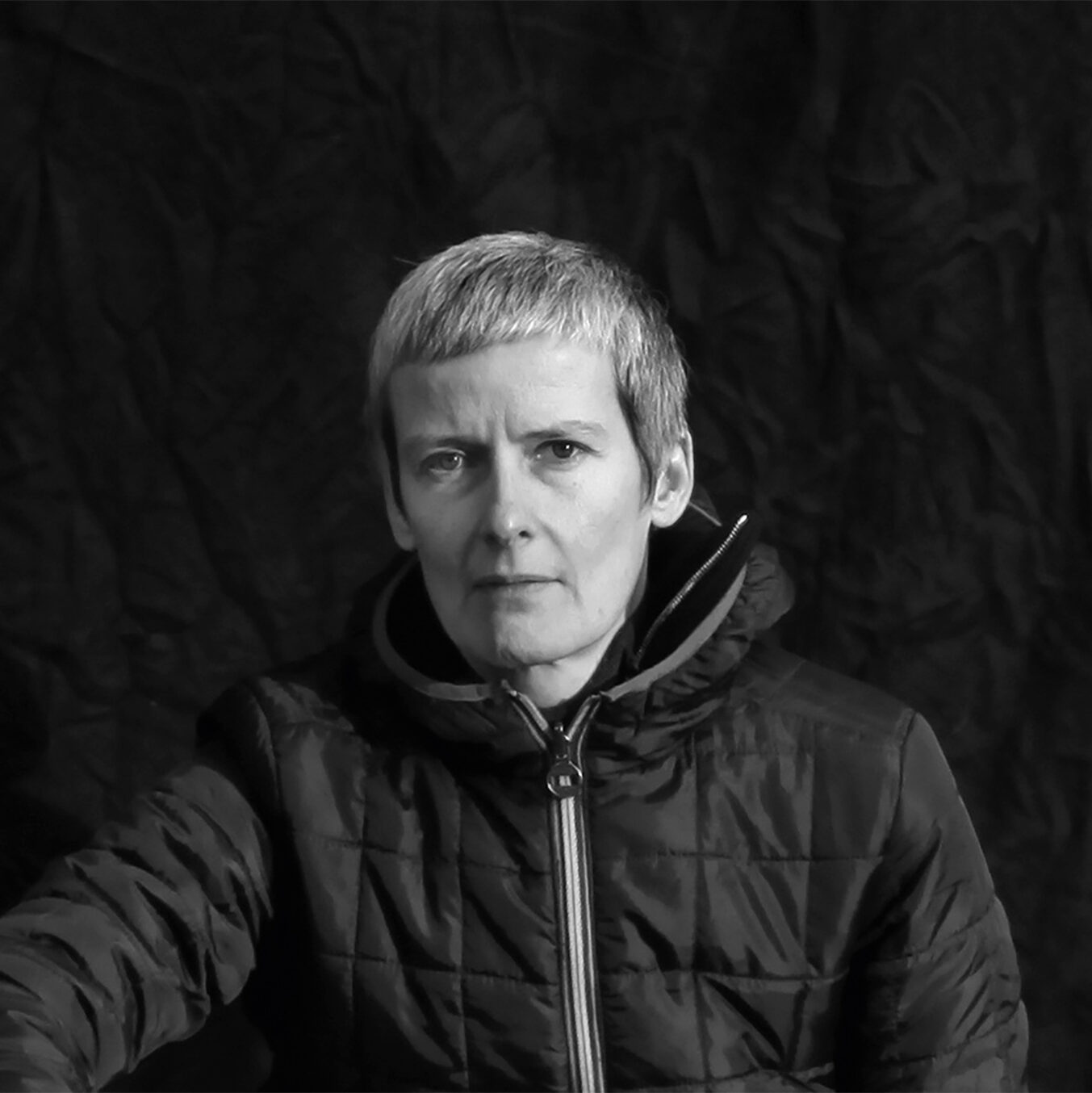
Jo Schmeiser explores the interfaces of art, film, theory and politics. Focusing on issues including racism, sexism and anti-Semitism, and reflecting critically on their form and structure, she often works collectively. She currently is Lecturer at the University of Applied Arts Vienna at the Department of Art and Communication Practices.
Films: Widerstandsmomente / Moments of Resistance (Plaesion Film: 2019), Liebe Geschichte / Love History (Klub Zwei: 2010). Publications: Moments of Resistance (Vienna: 2021), Conzepte. New Versions of Political Thought (zaglossus: 2015).
www.widerstandsmomente.at
www.dok.at/person/klub-zwei-simone-bader-jo-schmeiser/
www.conzepte.org